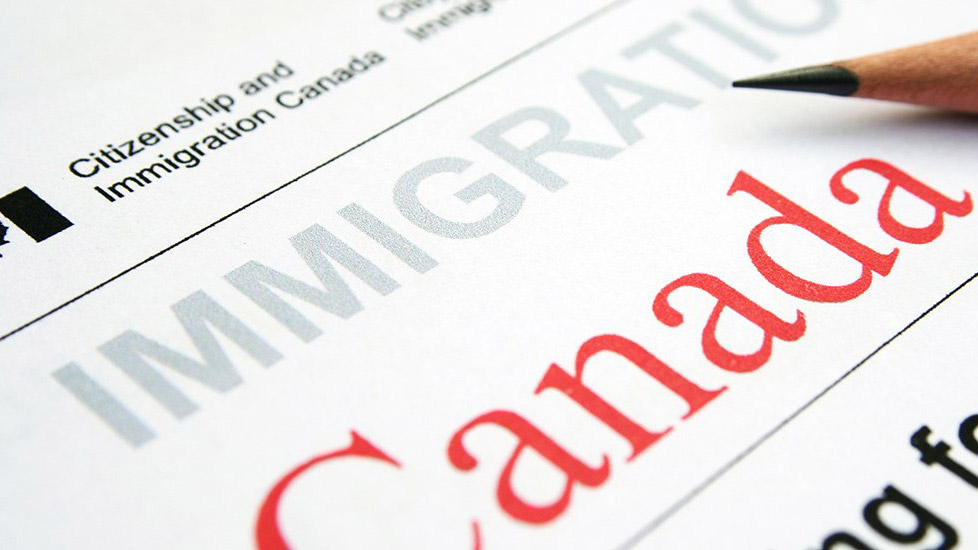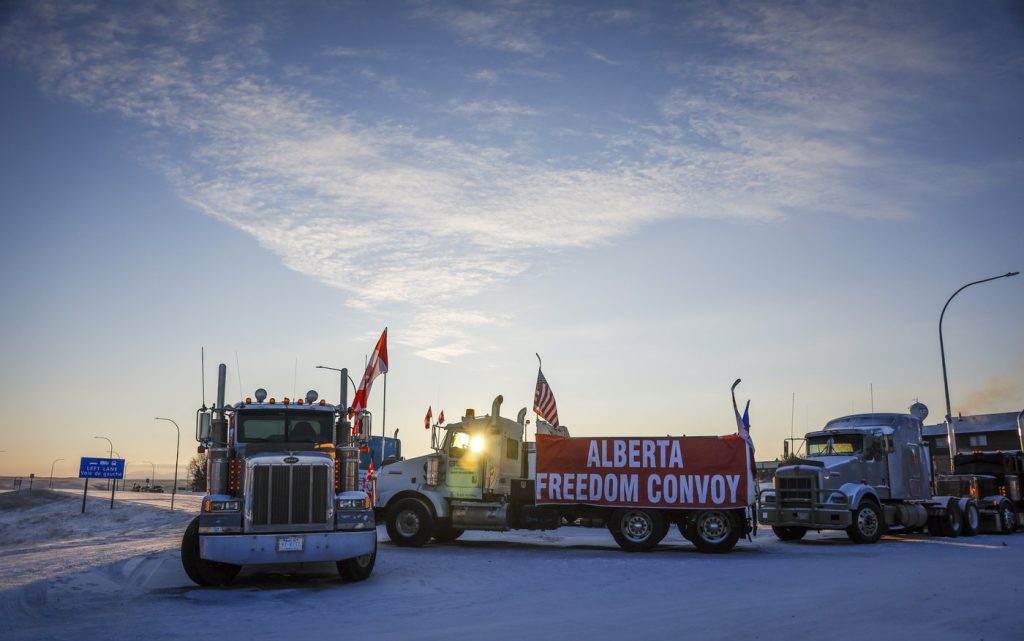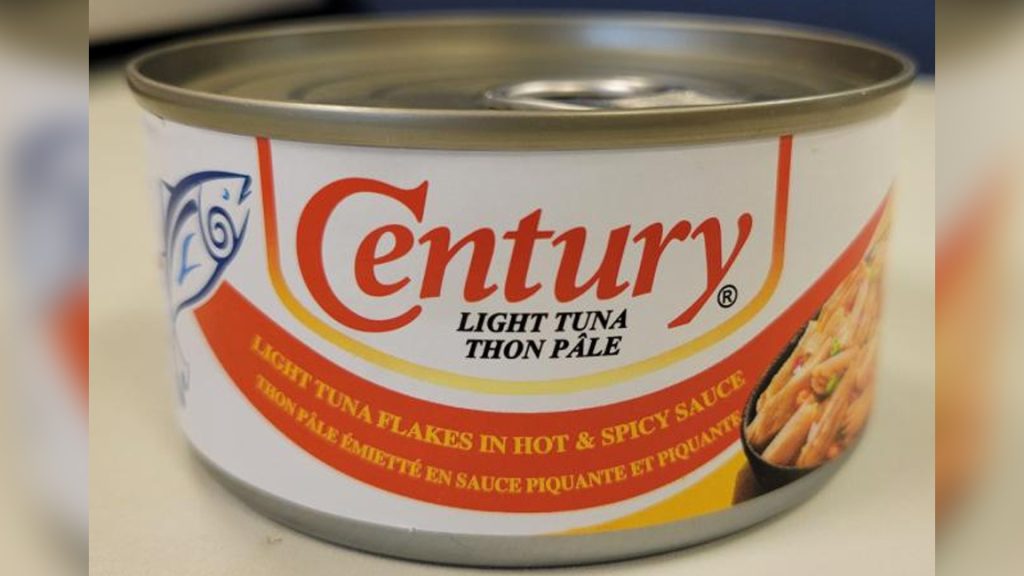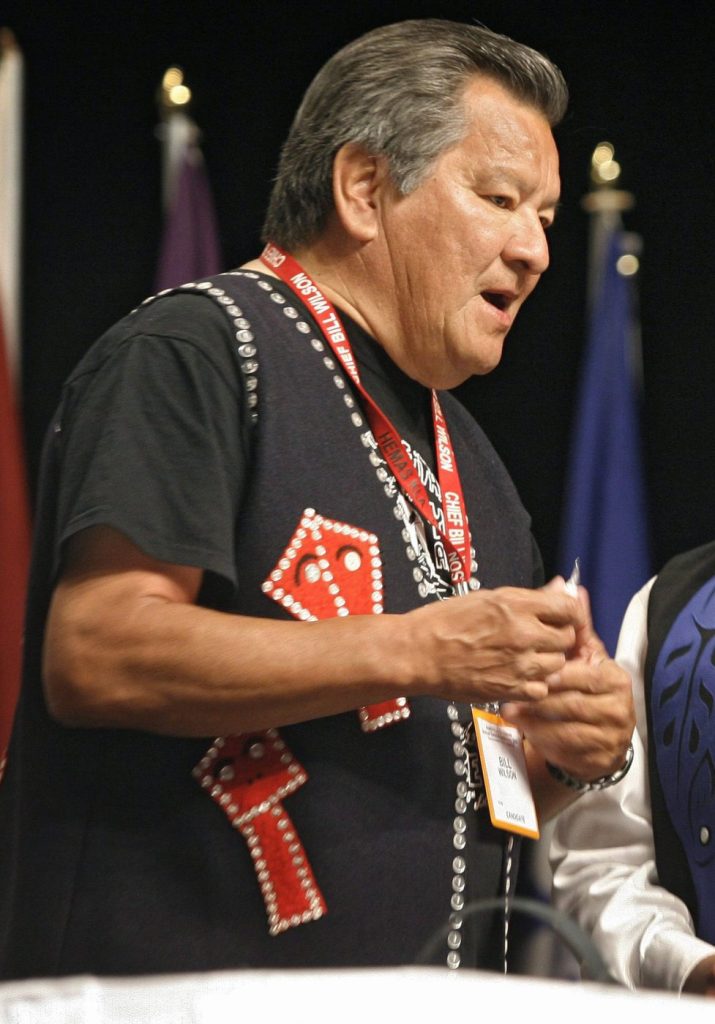Diversity of LGBTQ characters in film declines, study finds
Posted Jul 16, 2020 8:09 am.
Last Updated Jul 16, 2020 8:40 am.
NEW YORK — Last year saw record representation of LGBTQ characters in the 118 films released by major studios, according to a new study by GLAAD. But for the third straight year, the racial diversity of LGBTQ characters has waned and transgender characters again went unseen.
GLAAD called the decrease in non-white LGBTQ characters “concerning.” In 2019, 34% of LGBTQ characters were people of colour. That’s down from 42% in 2018 and 57% in 2017.
“GLAAD is ?calling on the studios to ensure that within two years at least half of their LGBTQ characters are people of colour,” said the advocacy group that tracks representation of lesbian, gay, bisexual and transgender people in the media.
For the third year in a row, transgender characters were also absent from major studio releases.
But overall, GLAAD found higher rates of inclusion than it has in the eight years its been tracking studio films. Of the 118 films studied, 22 (18.6%) included lesbian, gay, bisexual, transgender or queer characters. That’s a slight increase from 18.2% in 2018.
But none of the studios studied — the Walt Disney Co., Warner Bros., Universal Pictures, Lionsgate, Paramount Pictures, Sony Pictures, STX Films and United Artists Releasing — received a “good” or higher grade for LGBTQ representation. Sony and Disney received “poor” grades. STX Films, which released “Hustlers,” “21 Bridges” and “Uglydolls” last year, failed GLAAD’s test since their 2019 movies featured zero LGBTQ representation.
GLAAD has sought that studios reach inclusion of LGBTQ characters in 20% of their films by 2012 and 50% by 2024. Paramount, Lionsgate, Disney and United Artists reached the 20% level last year.
Screen time is also an issue. In many of Hollywood’s biggest films, LGBTQ characters — when included — came and went. Only nine of the 22 films with an LGBTQ character featured one with more than 10 minutes of screen time.
“Despite seeing a record-high percentage of LGBTQ-inclusive films this year, the industry still has a long way to go in terms of fairly and accurately representing the LGBTQ community,” said GLAAD President and CEO, Sarah Kate Ellis. “If film studios want to stay relevant to today’s audiences and compete in an industry that is emphasizing diversity and inclusion, then they must urgently reverse course on the diminishing representation of LGBTQ women and people of colour, as well as the complete absence of trans characters.”
Jake Coyle, The Associated Press








